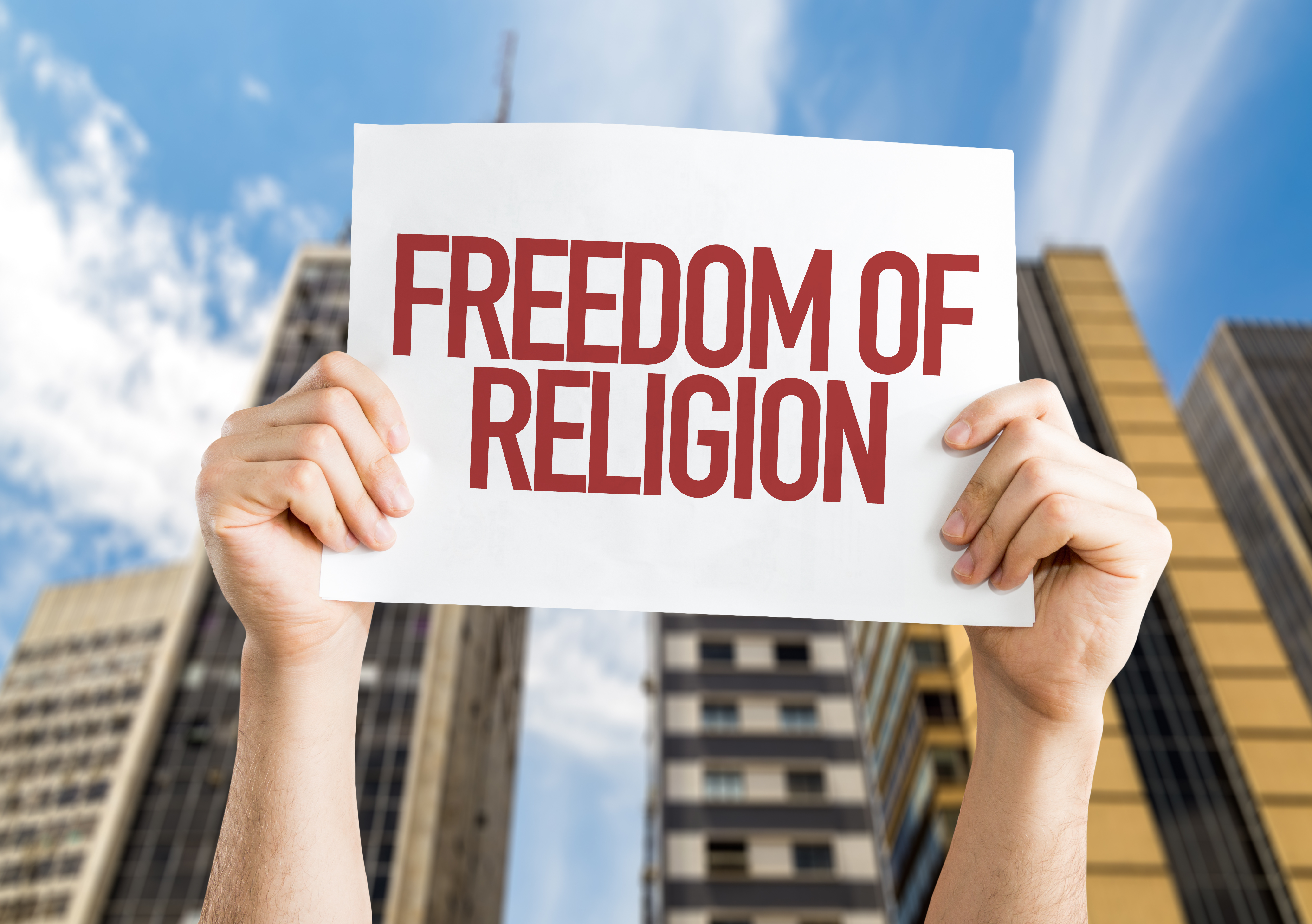
The Supreme Court issued a major ruling in favor of religious freedom, finding that a religious preschool may not be prohibited from a program helping private schools merely because it is a religious based school.
I would like to give you a flash introduction to the ruling. If you are interested in this case, you must spend time in further research.
The case, referred to as Trinity Lutheran, is focused on a state program that paid for private schools to resurface their playgrounds with rubber from recycled tires. The state held that merely being run by a religious entity disqualified the preschool from participation in the program. (If you need a more precise cite, look up Trinity Lutheran Church vs. Comer)
This particular law banning religious organizations from any public dollars, which in this case was embedded in the Missouri constitution, is referred to as a “Blaine amendment.” Those are laws passed in the distant past to make sure that Catholic parochial schools were prohibited from any public support of any sort. My previous reading on the issue indicates these were intentional anti-Catholic rules, focused on obstructing parochial schools. It is my impression that in the distant past, the overwhelming proportion of schools (perhaps almost all?) were run by the Catholic church. Thus, to intentionally hurt Catholics, legislatures adopted Blaine amendments.
How delightfully ironic that the ruling to overturn an anti-Catholic law arose from a Lutheran preschool.
The Supreme Court overturned the law. After having read two articles, it looks like this case does not directly address either charter schools or voucher plans. Ripple effects of the ruling will take time to identify.
It is oh so worth pointing out this is a 7-2 ruling.
7-2.
Backing out the new member of the Supreme Court means this would otherwise have been a 6-2 ruling. That is an overwhelming vote.
7-2. Wow.
Two articles for your consideration:
- 6/26/17 – Wall Street Journal – Supreme Court Says State Playground-Grant Program Can’t Exclude Religious Schools
- 6/26/17 – Christianity Today – Play On: Supreme Court Gives Christian Schools a Big Victory
I will cite two specific comments in the ruling quoted by the CT article, and then summarize a smarty-pants comment I saw on Twitter:
Chief Justice Roberts:
The express discrimination against religious exercise here is not the denial of a grant, but rather the refusal to allow the Church—solely because it is a church—to compete with secular organizations for a grant
Referring to the free exercise clause, Justice Gorsuch said
…that Clause guarantees the free exercise of religion, not just the right to inward belief (or status).
One wag on twitter opined that one particular dissent to the ruling would seem to suggest that it might still be appropriate to allow a city fire department to put out a fire in a church.
It is quite a relief to hear that this particular Justice is not pondering a direct on ban public funds used for firefighting on a religious campus.